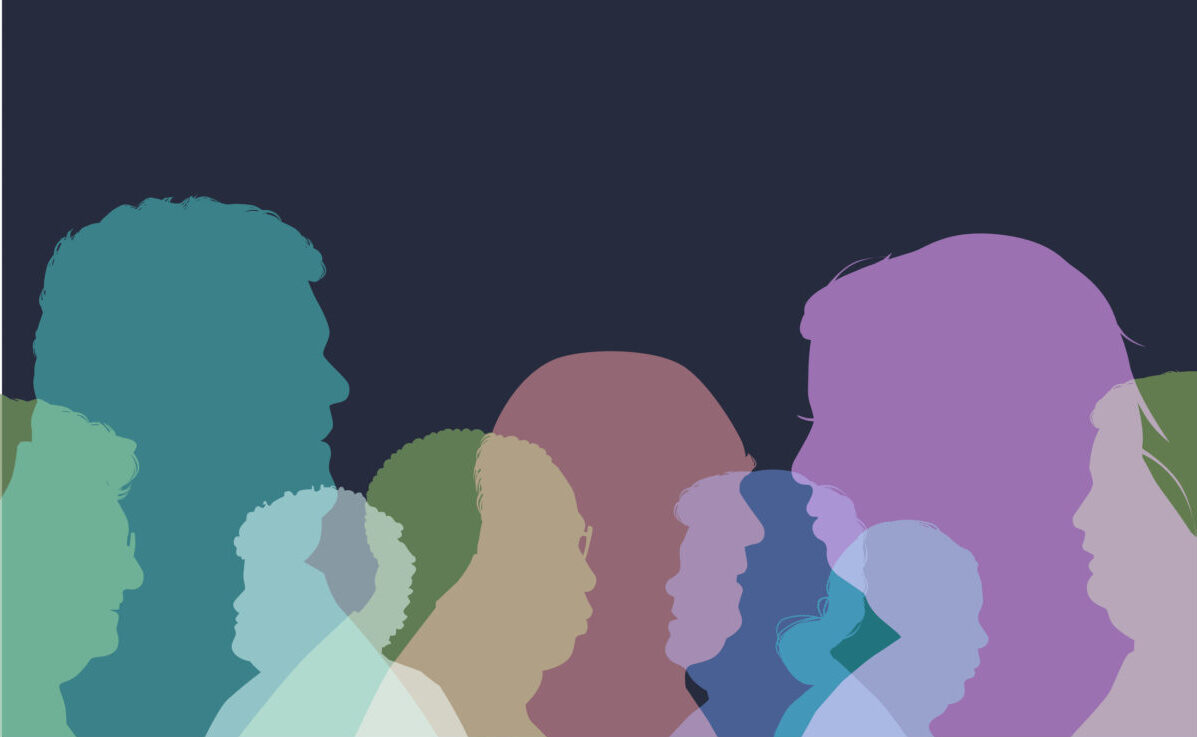Better health equity through better understanding
It is estimated that only 14% of the U.S. population has proficient health literacy, according to the U.S. Department of Health and Human Services’ Office of Minority Health (OMH). Additionally, over 60% of racial and ethnic minority adults say it is at least somewhat important to visit a health care provider who shares or understands their culture.
That is why April is designated as National Minority Health Month. This annual observance highlights the importance of improving the health of racial and ethnic minority populations and reducing health disparities.
The theme for 2023 is ‘Better Health Through Better Understanding,’ which focuses on improving health outcomes for racial and ethnic minorities and providing these individuals with culturally and linguistically competent health care services, information and resources. When people are provided with culturally and linguistically appropriate information, they are empowered to create healthier outcomes for themselves and their communities.
Minority Health Month emphasizes the importance of:
- Providing culturally competent care for diverse populations.
- Improving access to health care information for patients with limited-English proficiency.
- Increased health literacy for patients so they are informed about their health conditions or diagnoses and can take well-informed next steps based upon personal.
In 2021, OMH awarded $250 million to local governments to promote evidence-based health literacy strategies that are culturally appropriate. This funding helps support personal health literacy, which is defined as the degree to which individuals have the ability to find, understand, and use information and services to inform health-related decisions and actions for themselves and others.
Personal health literacy emphasizes people’s ability to use health information, rather than just understand it. The focus is on the ability to make “well-informed” decisions, rather than “appropriate” ones. OMH incorporates a public health perspective in its health literacy programs and acknowledges that organizations have a responsibility to address health literacy.
For more information, call 1-800-444-6472 or go to MinorityHealth.hhs.gov/nmhm.
Information provided by: U.S. Department of Health and Human Services, Office of Minority Health




